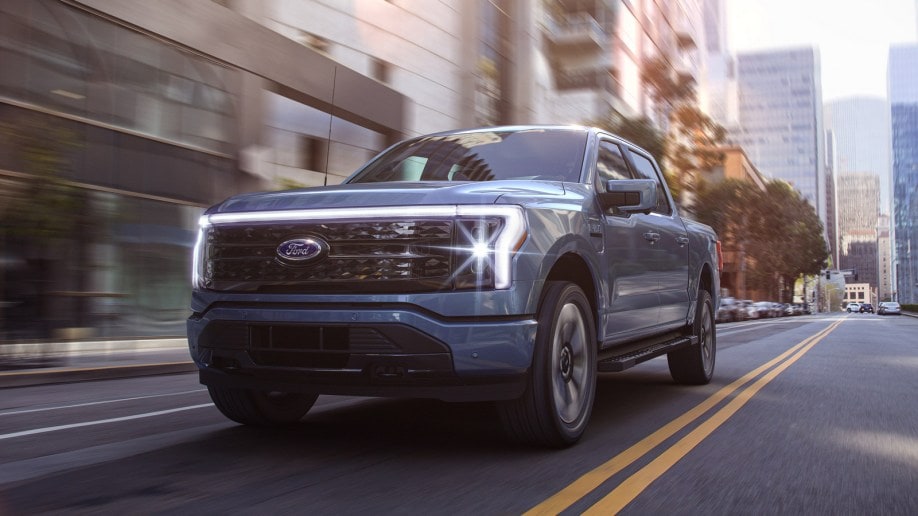
That’s probably not the way you want the CEO of a Fortune 500 company to start talking about your business. But it’s how Ford CEO Jim Farley referred to some Ford dealerships on an earnings call with investors last week.
His topic? Dealer markups.
The Background
2021 took car shoppers on a wild ride. Demand started low, as the COVID-19 pandemic kept many Americans off dealership lots. But, as vaccination campaigns got under way, Americans went car shopping again.
A worldwide shortage of microchips kept automakers from building as many cars as they needed to meet demand. That pushed transaction prices – not the price on the window sticker, but the bottom-line price buyers pay – to record highs. The average new car sold for more than $47,000 in December – a shocking increase of more than $6,000 in one year.
Nearly everyone now pays over invoice. In December, non-luxury car shoppers paid an average of $900 over sticker price. Luxury car shoppers had it even worse — paying $1,300 over MSRP on average.
Ford Has Some Products in Very High Demand
An average, of course, can be made up of many wildly varying prices.
Ford has had several recent products succeed well beyond the norm. The Ford Maverick small pickup, upcoming Ford F-150 Lightning Electric truck, and Ford Mustang Mach-E electric SUV were so popular that customers bought them on a reservation system last year. Most were sold before they ever left the factory.
That led some dealers to add huge markups to their sticker prices, charge reservation fees beyond the fees Ford itself charged, and even offer to let shoppers buy their way up the reservation list to get their car faster.
Automakers (Mostly) Don’t Set Final Prices
The relationship between an automaker and its dealership network is complex. A handful of relatively young manufacturers, like Tesla and Rivian, sell their cars directly and at fixed prices, without a traditional franchised dealer network. But most automakers don’t own their own dealerships or sell cars directly – that’s actually illegal in many states. Instead, they sell through dealerships that are themselves separate businesses.
The price the dealer must pay the automaker for each sale is more or less fixed, but the price the dealer charges a buyer is largely up to them. Prices fluctuate frequently based on supply and demand.
But a dealership’s reputation in its community affects an automaker’s reputation. So, when a dealership sets unusually high prices for its vehicles, the company that built the cars absorbs some of the stink.
Ford has One Tool in its Bag for This
Automakers have limited tools with which to influence dealers. Both Ford and General Motors in recent months have warned dealers not to play unfair pricing games.
But Farley, despite being CEO of Ford, can’t call up a Ford dealer and command them to lower a price.
What can he do? Send them fewer cars to sell.
Speaking to investors on Ford’s earnings call last week, Farley said, “We have very good knowledge of who they are, and their future allocation of product will be directly impacted.”
In January, Ford sent a letter warning dealerships that those who engaged in sketchy pricing tactics would lose the right to sell the most popular vehicles. A week later, General Motors did the same after reports of heavy markups on the limited supply of its Corvette Stingray halo car.
How to Protect Yourself
If you find yourself shopping for a car in such high demand, you can take one simple step to protect yourself: Get it in writing.
Even if you’re placing an order for a car online, Ford’s system sends that order to a local dealership to fulfill.
Before money changes hands, you should get a signed purchase agreement from the dealership with the final price fixed on it. If they don’t honor it, walk away. You have the same leverage as the CEO of Ford. Just as he can send cars to rival dealerships to sell, you can place your order through a rival dealership that will sign for a fair price.







